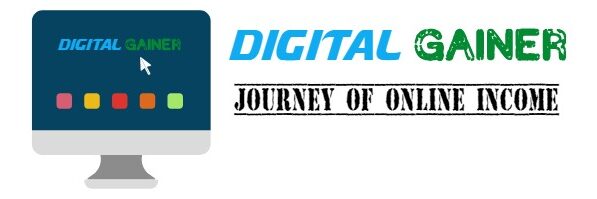Introduction
Project Gutenberg is the largest digital library in the world, with more than 60,000 public domain books and recordings available online. Since its founding in 1971, Project Gutenberg has been dedicated to the ideal of making information freely available to everyone. Originally founded by Michael Hart, Project Gutenberg has gone through many changes over the years, but it’s still home to one of the largest libraries of eBooks in the world and continues to provide free access to books that would otherwise be locked behind paywalls or forgotten in dusty old libraries.
What is Project Gutenberg?
Project Gutenberg is a volunteer effort to digitize and archive cultural works, to encourage the creation and distribution of eBooks. It was founded in 1971 by Michael S. Hart and is the oldest digital library. Most of the items in its collection are public domain works (things not protected by copyright), which can be freely copied, distributed, displayed and performed. As of September 2022, the Project Gutenberg website offered over 60,000 free eBooks for download and Project Gutenberg volunteers outnumbered Project Gutenberg public domain books.
How do I find books there?
The Gutenberg project can digitize books that are in the public domain and allow them to be shared and used royalty free. This process can be tedious, but the great part is that you will find many different books you would have otherwise been unable to access. To give you an idea of what PG has to offer, they focus primarily on literary texts. If you’re interested in learning more about technology, visit the Internet Archive for information on any type of technology from manuals to educational videos. For example, Sally Edwards’ How to Download Free Software Manuals for Your Computer provides instructions for downloading 900 free computer repair, hardware and software tips documents.
How do I get Project Gutenberg books on my Kindle?
Most Project Gutenberg books are delivered as plain text files (with no formatting). When you download these files, they will be saved to your computer or e-reader. You then use a program called Calibre to convert them into a file format that can be read on your Kindle. Just follow these steps: Download Calibre here and install it on your computer. Download one of plain text files and save it to your desktop. Double click on it to open it with Calibre – make sure that you have unzipped/uncompressed it first if necessary.
Where can I share these books with others?
If you’re just looking to read Project Gutenberg books by yourself, you can do so with no restrictions on your use of them. While copyright laws do protect literary works, these are public domain or copyright expired books; they are free to distribute and free to modify. If you want to share them with others, however, we recommend that you stick with copyright-expired books. That way, there won’t be any licensing issues if someone wants to make a derivative work. Also, remember that it’s not okay to make money off of copyrighted material. So don’t try selling copies! Instead, think about how you might contribute back to Project Gutenberg—you could create a new eBook version of an old book (with proper attribution), for example. And please keep in mind that even though copyright has expired on some books, it may still be under copyright for other reasons (such as libel). Be sure to check for copyright information before sharing anything!
FAQs
Everything from Project Gutenberg is completely free without cost to readers.
Project Gutenberg.
You can find public domain books in Project Gutenberg website.
Project Gutenberg is named after Johannes Gutenberg, who introduced book printing with movable type in Europe.
The mission of Project Gutenberg is: To encourage the creation and distribution of eBooks.

